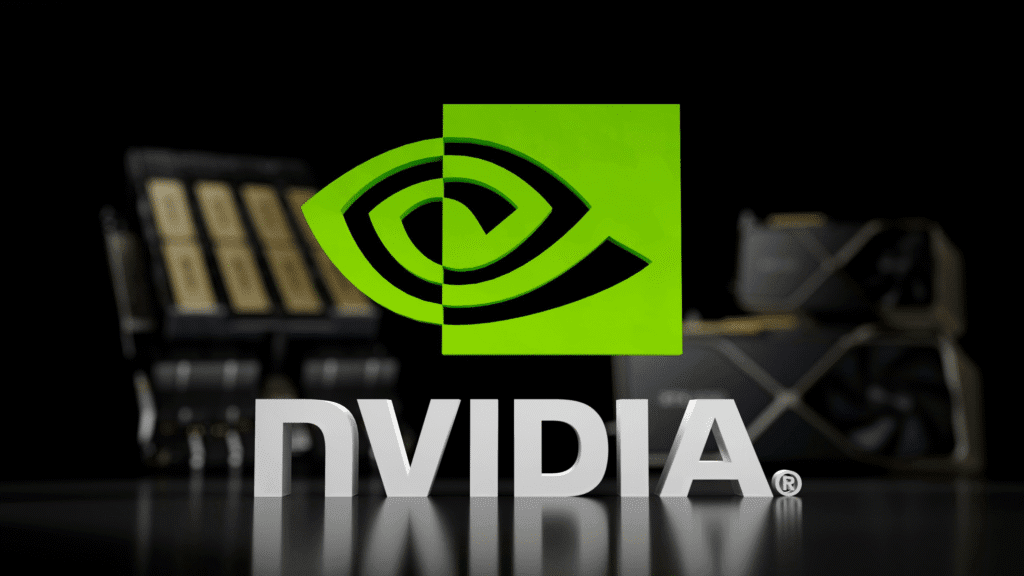In an exciting development for medical research, SandboxAQ, an artificial intelligence startup supported by Nvidia, has released a massive collection of data designed to speed up the process of discovering new medicines. This data could help scientists better understand how drugs attach to proteins in the human body, which is a crucial step in developing effective treatments.
SandboxAQ was originally part of Google before becoming an independent company, and it has already raised close to $1 billion in funding. The new data they have shared was not collected from real-world lab experiments but was instead created using powerful computer chips from Nvidia. By using artificial intelligence, the company generated millions of virtual molecules that mimic real ones, allowing researchers to predict how potential drugs might behave without having to test each one physically.
The main challenge in drug discovery is figuring out whether a drug molecule will stick to the right protein in the body. If a drug is meant to block a disease, scientists need to be sure it will attach to the correct proteins involved in that disease. Traditionally, this process requires lengthy lab experiments, but SandboxAQ’s new approach uses AI to make these predictions much faster while still being accurate.

The company created around 5.2 million synthetic 3D molecules—meaning they were calculated using advanced math and real-world data but don’t actually exist in nature. These molecules are now available to the public, and researchers can use them to train AI models. These models can then predict how well a new drug might work, saving scientists a huge amount of time and effort.
Nadia Harhen, who leads AI simulation at SandboxAQ, explained why this is such a big deal. “This is a long-standing problem in biology that we’ve all, as an industry, been trying to solve for,” she said. “All of these computationally generated structures are tagged to a ground-truth experimental data, and so when you pick this data set and you train models, you can actually use the synthetic data in a way that’s never been done before.”
What makes this method special is that it combines traditional scientific calculations with the latest AI technology. Scientists have long used mathematical equations to predict how atoms form molecules, but when dealing with complex 3D drug molecules, the number of possible combinations becomes too large to compute manually, even with supercomputers. SandboxAQ’s solution was to use AI to generate realistic synthetic data based on real experiments, making the process much more efficient.
While the synthetic data is free for anyone to use, SandboxAQ plans to sell its own AI models built using this data. The company believes these models could eventually provide results as reliable as real lab tests but in a fraction of the time. This could revolutionize drug development, allowing researchers to test thousands of virtual drug candidates before ever stepping into a laboratory.
The impact of this technology could be enormous. Faster drug discovery means new treatments for diseases could be developed more quickly, potentially saving lives. It also reduces the cost of research, as fewer physical experiments would be needed in the early stages of drug development.
SandboxAQ’s work is part of a growing trend where AI is being used to solve complex scientific problems. By combining computer simulations with real-world data, researchers are finding new ways to tackle challenges that were once thought too difficult or time-consuming. This latest breakthrough could pave the way for even more innovations in medicine and biotechnology.
As AI continues to advance, its role in healthcare and scientific research will only grow bigger. SandboxAQ’s release of synthetic molecular data is a major step forward, showing how technology can help solve some of the biggest challenges in medicine. With companies like Nvidia supporting these efforts, the future of drug discovery looks brighter than ever.
In summary, SandboxAQ’s new AI-generated data has the potential to transform how new medicines are developed. By using computer simulations to predict drug behavior, scientists can work faster and more efficiently, bringing life-saving treatments to patients sooner. This is just the beginning of how AI can change healthcare, and the possibilities are truly exciting.








